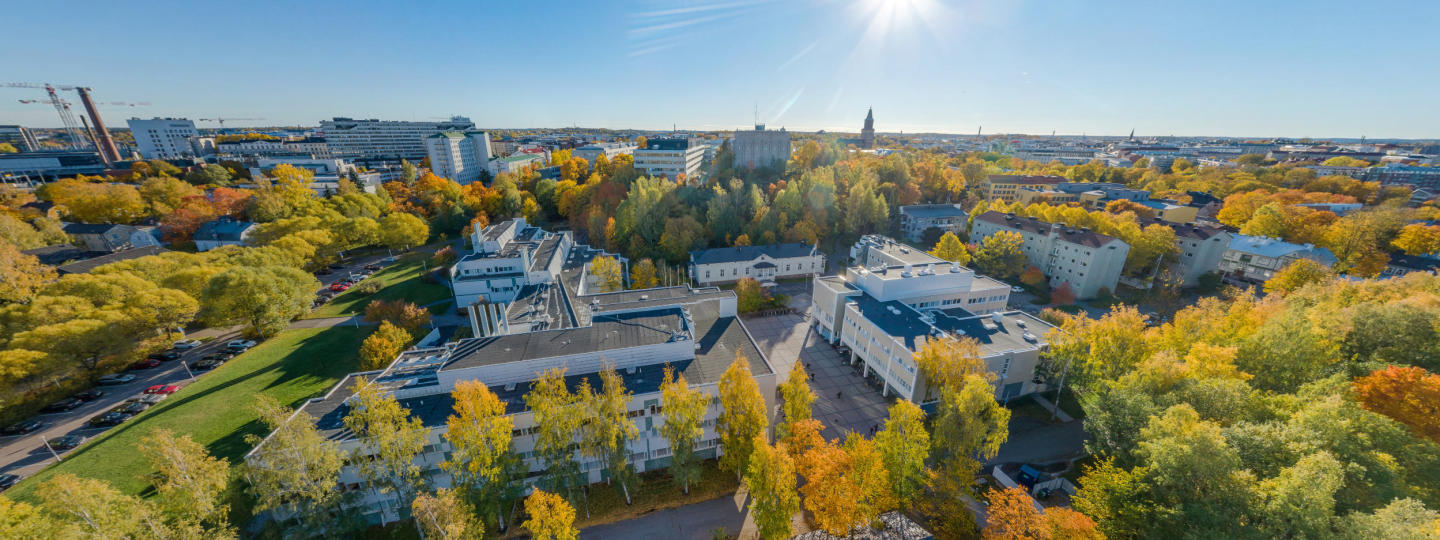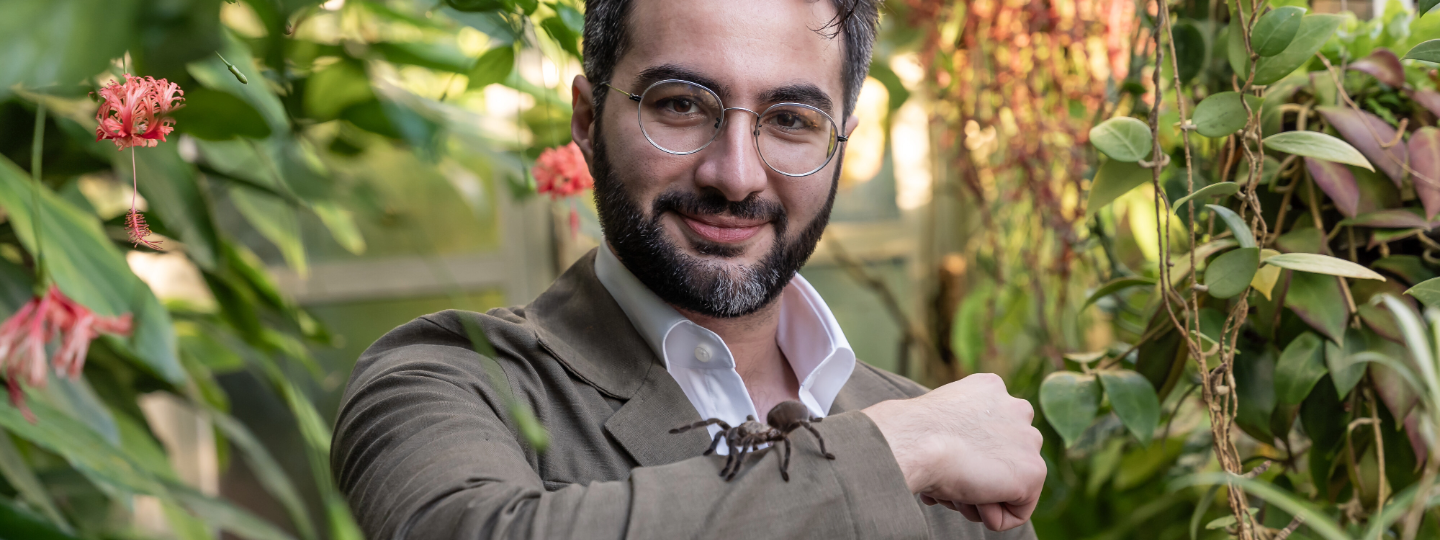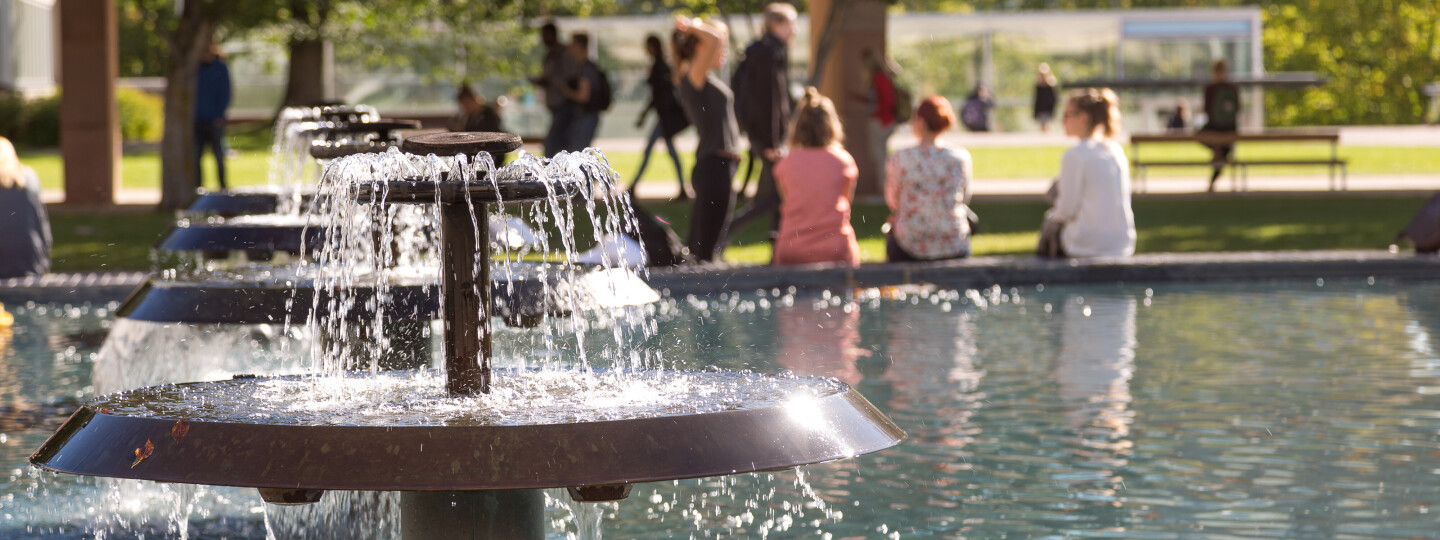The University of Turku, located in southwest Finland on the coast of the Baltic Sea, was founded in 1920 with the support and donations of the Finnish people. Today, the University builds a sustainable future with top research and education.
The University’s multidisciplinary research and high-quality education have shaped the Finnish society already for over one hundred years and now we aim to create solutions to global and future challenges.
The University of Turku is situated in Turku, the oldest city in Finland dating back to the 13th century. Located on the coast of the Baltic Sea in northern Europe with a short distance to Stockholm, Turku quickly became the most significant city in Finland during the Middle Ages when Finland was under the rule of the Kingdom of Sweden.
As the city and the population of Finland grew, there was an increasing need for a university in Finland. In 1640, Queen Christine founded the Royal Academy of Turku as the third university in the Swedish kingdom.
In 1809, when Sweden lost a war to Russia, Finland became a grand duchy of the Russian Empire. Under the new rule, Helsinki became the new capital of Finland as it was closer to St. Petersburg. After the Great Fire of Turku that devastated most of the city in 1827, the Academy of Turku was relocated to Helsinki, later on becoming the University of Helsinki.

Finland gained its independence in 1917 in the aftermath of the Russian Revolution. Many Finns felt that the newly independent country should also have a Finnish-language university, as the language of teaching and learning at the country’s only university was Swedish. Turku was considered a perfect place for the new university for its academic history and European atmosphere.
The Turku Finnish University Society was established to organise an extensive fund-raising for the university. Over the course of three years, altogether 22,040 Finnish people donated for this common cause and the University of Turku, the first Finnish-language university in the world, was founded in 1920.
The founding of a new university also highlighted the nation’s aspiration as an independent people to support education and research for the benefit of society and as an investment in the future, reaching beyond the established borders. The University’s motto, “From a free people to free science”, reflects this outlook.

The University started off with two faculties – the Faculty of Humanities and the Faculty of Mathematics and Natural Sciences with seven professors and 160 students in the first semester. The Faculty of Medicine followed in 1943 and subsequently the Faculties of Law, Social Sciences, and Education. Turku School of Economics founded in 1950 merged with the University of Turku becoming its seventh faculty in 2010. The University's newest faculty, the Faculty of Technology, was established in 2021.
Klondike Gold Builds a New Campus
By the end of the 1940s, the facilities at the city centre had become insufficient for the growing University. However, a surprise bequest opened new avenues for the University’s expansion. The mysterious benefactors behind the donation were Karl Fredrik and Anton Joutsen, two brothers from Turku who made their fortune in the Klondike Gold Rush of 1896–1899.
Faced with slim opportunities in Finland, both Karl Fredrik and Anton sailed to the United States at the end of the 19th century in pursuit of a better life. The brothers decided to head to the Yukon Territory in Canada after the news spread that gold had been discovered at the Klondike River.
Alongside 100,000 other prospectors, the Joutsen brothers braved the wilderness and harsh conditions in hope of finding riches. Unlike many of their fellow miners, the brothers struck gold at their claim and build their fortune over the years, until in 1904 they sold their land and machinery and travelled back to Finland.

In the subsequent decades, the brothers lived a quiet life in Helsinki, and when Anton suddenly died in 1942, Karl Fredrik had to decide what to do with their fortune. Since either brother never married, Karl Fredrik chose to bequeath their wealth to an important cause and decided that the University of Turku would best serve both the Finnish people and the brothers’ home town.
The large donation enabled the University to move from the city centre to a more spacious location on the other side of the Aura River. Still today, the University Hill is the heart of the Turku campus.

Research with Global Reach
Since the very beginning, research has been at the centre of the University’s activities. From the first doctoral dissertation defence in 1924 to the InFlames Flagship Programme established in 2020, the University’s multidisciplinary research has continued to expand to new fields of science and different continents.
One of the most significant discoveries made at the University was Xylitol in the 1970s. Xylitol is a sugar substitute that prevents tooth decay and it used in chewing gum, confections and toothpaste. Researchers continue to study xylitol and its effects at the Institute of Dentistry.

Over the years, biosciences, medicine, and medical imaging have become leading fields of science attracting many gifted researchers and students from all over the world to the University of Turku. For example, Nobel Laureate Stefan Hell developed his breakthrough innovation on super-resolved fluorescence microscopy at Turku.
> Watch Stefan Hell's interview
In recent decades, Turku has become a hub for drug development and medical research. The University of Turku and Åbo Akademi University jointly host the InFLAMES Research Flagship funded by the Research Council of Finland. The InFLAMES Flagship is an innovation ecosystem based on the immune system focusing on research, innovations and drug development.
Furthermore, the University’s research and researchers have spread beyond the Turku campus. For example, the University’s Biodiversity Unit conducts research from the island of Seili in the Turku archipelago all the way up to the most northernmost part of Finland at the Kevo Research Station in Lapland.
And the researchers don’t stop there. From the Amazon rain forest to Tanzania and Myanmar, our experts conduct research all over the world to make new discoveries and improve local communities. You can read more about our multidisciplinary research in our Aurora online magazine.
In 2019, the University received a multi-million funding for establishing a flagship programme that combines sociology, psychology, social policy, and child psychiatry. The Inequalities, Interventions, and New Welfare State (INVEST) programme aims to increase people’s well-being during childhood, youth and early adulthood, and at building a welfare state 2.0.
Building a Brighter Future
Alongside research, education has been the second core mission of the University throughout the past 100 years. Finland’s success story in education has helped to shape the Finnish society into a modern Nordic welfare state striving towards equality and sustainability.
The University currently offers education in over 100 different subjects with the latest additions of mechanical and materials engineering as well as the Chinese language. The new subjects further strengthen the University’s regional contribution and international engagement.

Today, internationalisation is a driving force in the University’s education. Starting with the adoption of the Erasmus programme and joining the Coimbra Group network in the 90s, the number of international students in the University community has grown steadily. Currently, there are approximately 2,000 international exchange and degree students from over a hundred countries.
Currently, one of the most important international networks is the European Campus of City-Universities (EC2U) Alliance, formed by the University of Turku and seven other European universities. The objective of the cooperation is to create a pan-European campus with a new model of quality education and encourage mobility between the different universities.
Internationalisation also involves transnational education that takes the University’s expertise to countries around the world, such as Singapore, Saudi Arabia and Chile.
In its first one hundred years, the University has greatly expanded in size, impact and reach. When embarking on the second century, attention is focused increasingly on global megatrends, such as climate change and digitalisation. Furthermore, sustainability is at the core of our research, education and all other activities. These themes are also reflected in our Strategy.
We at the University of Turku invite you to join us in this journey towards a better and more sustainable future!





